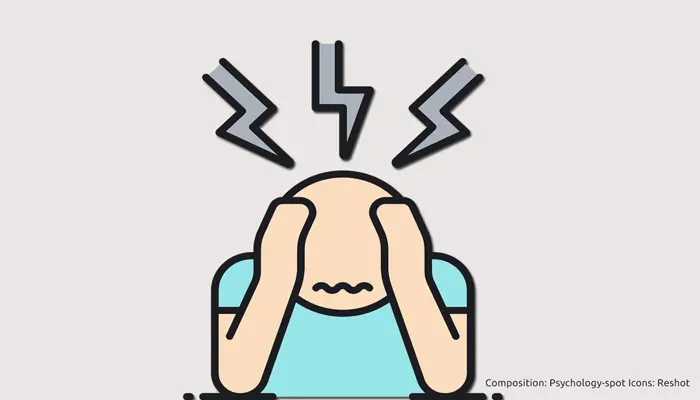
Pain is not an objective experience – or at least not as objective as we think. There are many psychological factors that can amplify or reduce pain. The simple fact that a loved one takes our hand, for example, can lessen our perception of pain.
It is not a secret that our mental states can alter the experience of pain. If we can relax, pain will be relieved, but if we get angry pangs will be more intense. However, now psychologists at Harvard University discovered that our perception of the intentions of the others can also influence the intensity of pain. That is, if we believe that a person hurt us on purpose, we will feel more pain.
If we believe that someone hurt us on purpose pain will be greater
The researchers recruited 48 people, each of whom was assigned a partner who could give them an audible tone or an electric shock. Some were told that this person could choose whether to manage the electric shock or sound, others were told that they had no choice.
Although the electric shock voltage was identical in the two groups, those who thought that their partner was intentionally administering the discharge rated the experience as significantly more painful. Interestingly, those who believed that the discharges did not depend on the will of the partner, became accustomed to them, gradually describing them as less painful.
These results indicate that our experience of pain, and probably also the suffering we experience as a result, also depends on whether we believe that someone caused us that pain with all intent. Intentional pain is not only experienced with greater intensity but remains stable, while we can become accustomed to involuntary pain, reducing the discomfort it generates.
Unintentional damage is not repeated, intentional one yes
Psychologists believe that this difference could be due to an evolutionary mechanism designed to guarantee our survival. The more something hurts us, the more likely we are to realize and do our best to find its cause and eradicate it.
If it is an accidental damage, it is most likely to occur only once, and we will not need to do anything else about it. If a person pricked us by mistake, it probably won’t happen again.
However, if it is intentional damage, it is likely to happen again, so that our brain must take note to do something about it as soon as possible. To make sure that we are going to react, not only does it increase our pain perception threshold, but it maintains it because this is a sign of threat to our survival.
Do emotional damages follow that same pattern?
The way we experience pain and negative life events is conditioned by multiple factors. If we believe that a person hurt us intentionally, our emotional suffering will be greater because the feeling will be added to the wound of being deceived or betrayed.
Source:
Gray, K. & Wegner, D. M. (2008) The Sting of Intentional Pain. Psychological Science; 19 (12): 1260-1262.



